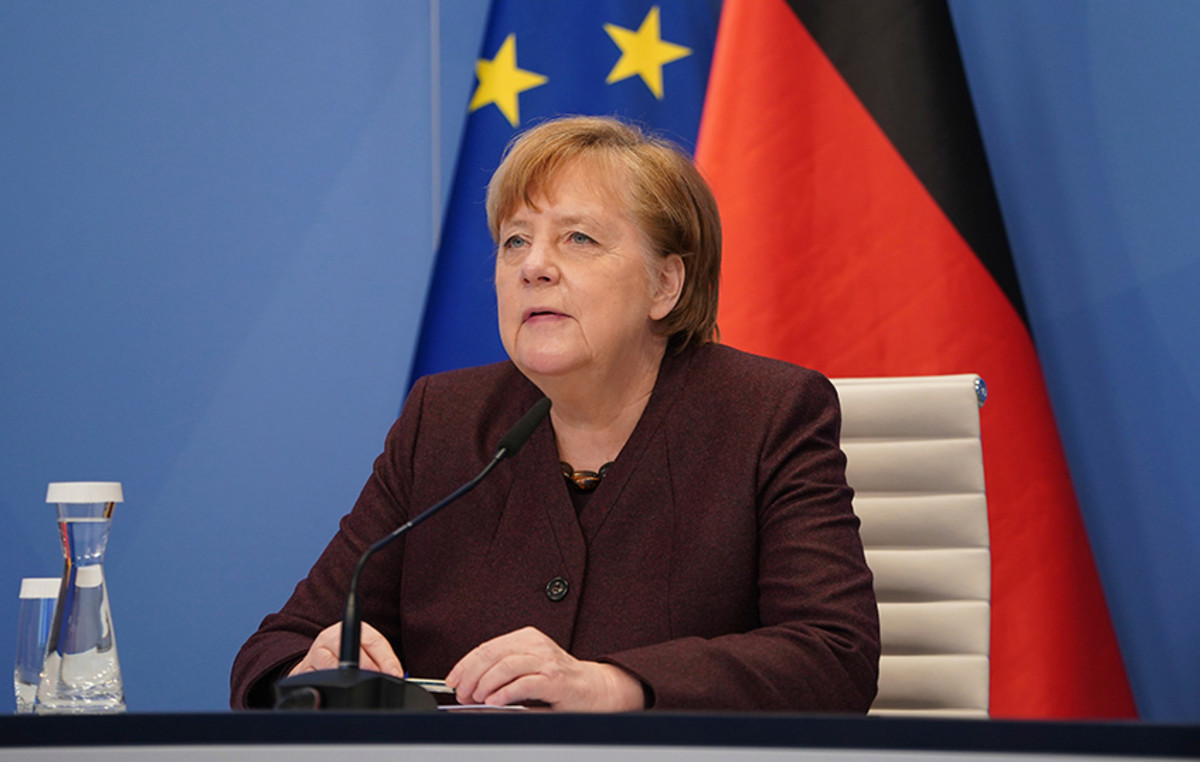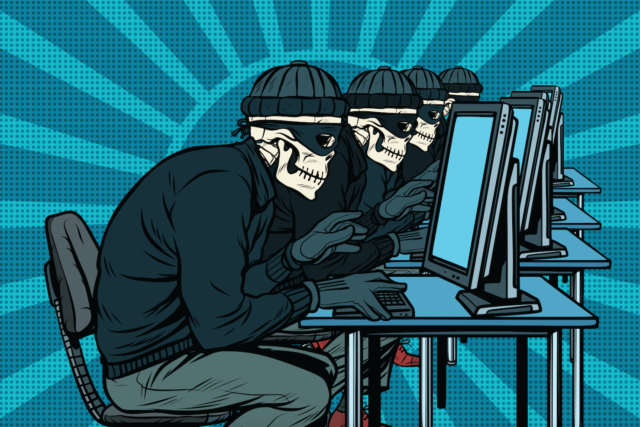Iran will hold a second round of presidential elections on July 5, as no candidate received 50% of the votes, the Interior Ministry said this Saturday (29).
Turnout in the country’s presidential election hit a historic low of about 40 percent, based on the ministry’s tally. It is the lowest number on record since the 1979 revolution.
Early preliminary results from Friday’s vote showed that the only moderate candidate, Massoud Pezeshkian, maintained a slight lead over his hardline opponent, former nuclear negotiator Saeed Jalili.
Iranian lawmaker of Azeri ethnicity, Massoud Pezeshkian is the only moderate candidate approved by the Guardian Council for the 2024 elections and is supported by the pro-reform camp.
Its prospects depend on attracting millions of disillusioned voters who have stayed home in elections since 2020.
Pezeshkian, a doctor by profession, was health minister under reformist President Mohammad Khatami from 2001 to 2005 and has held a seat in parliament since 2008.
The candidate has been a vocal critic of the Islamic Republic for its lack of transparency over the death in custody of Mahsa Amini, a young Iranian Kurdish woman killed in 2022 that sparked months of unrest. Pezeshkian was barred from running in the 2021 presidential election.
Pezeshkian led with 10.5 million votes, followed by Jalili with almost 9.5 million, according to state news agency IRNA. Of the 60 million eligible voters, 24 million voted, resulting in a turnout of 40%, said Mohsen Eslami, spokesman for the election committee.
The sudden death of President Ebrahim Raisi in a recent helicopter crash, along with Foreign Minister Hossein Amir-Abdollahian, has left a leadership vacuum.
Raisi, a loyalist to the hardline regime, was widely seen as a leading candidate to replace Iran’s 85-year-old Supreme Leader Ayatollah Ali Khamenei, who holds ultimate authority over all matters of state.

The final candidates were pre-selected by Iran’s Guardian Council, which reports directly to Khamenei.
Increasing tensions
The elections took place at a delicate time for the Islamic Republic. The country is embroiled in growing tensions with Israel and its Western allies, triggered by the war in Gaza and the advance of Iran’s nuclear program.
The vote also comes just two months after Iran and Israel first exchanged fire as the Gaza conflict escalated. Israel is now preparing for a potential second front with Hezbollah, Iran’s main regional proxy, in Lebanon.
Iran’s spat with the US has left the economy in tatters, hampered by years of US sanctions, a weakened local currency and high inflation.
(With input from Nadeen Ebrahim and Mostafa Salem of CNN ; and Thomas Holdstock of Reuters)
Source: CNN Brasil
Bruce Belcher is a seasoned author with over 5 years of experience in world news. He writes for online news websites and provides in-depth analysis on the world stock market. Bruce is known for his insightful perspectives and commitment to keeping the public informed.







